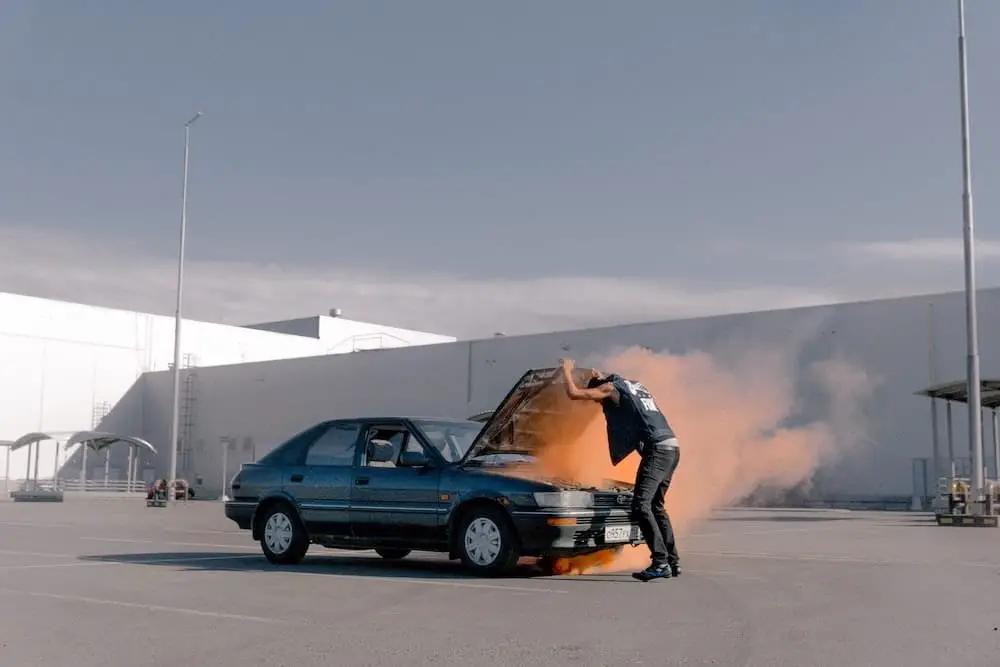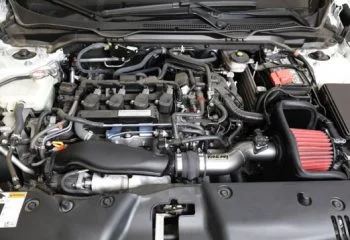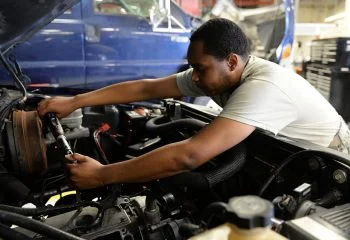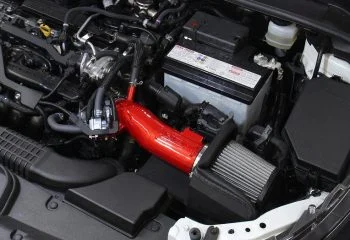If your car losing oil but no leak or smoke, it can be frustrating trying to figure out the cause. Fortunately, there are a few possible explanations for this issue.
One possibility is that your car is burning oil. This can happen for a number of reasons, including worn piston rings or valves, excessive pressure in the cylinder, or engine temperatures that are too high.
Another possibility is that your oil pan is leaking. This is often caused by a loose or damaged drain plug, which can allow oil to seep out slowly over time.
Finally, it’s also possible that your car is simply consuming more oil than normal. This can be due to factors like driving habits, engine design, or the age of your vehicle. If you’re unsure what’s causing your car to lose oil, it’s always best to consult a professional mechanic for diagnosis and repairs.
But when you found that your car losing oil but no leak or smoke, what could be the real problem? In this blog post, we’ll take a look at some of the possibilities and how you can address them. Keep reading for more information.
What's in this post?
What causes a car to lose oil without leaking or smoking?
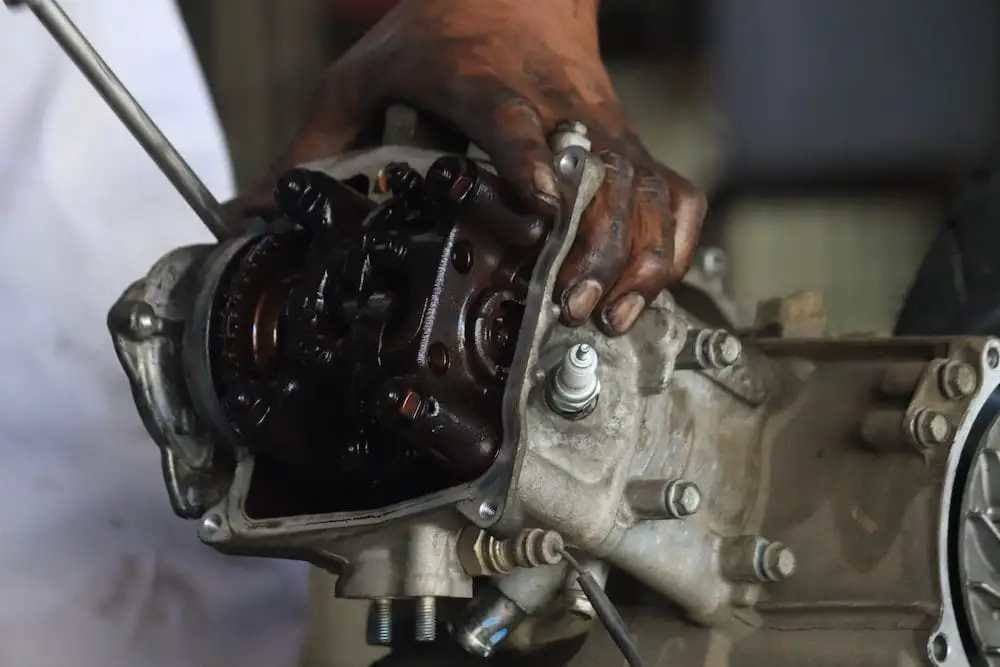
Internal Oil Leak
If the tear and opening are larger or more obvious with oil seeping out and the ground it’s easy to spot, but we’re dealing with small leaks due to more difficult-to-detect faults.
Small oil leaks are difficult to detect, but not impossible. With today’s technology and tools for inspection, there is a good chance that an oil leak will be found before it causes major damage or poses any safety concerns in your car!
A little goes a long way with these inspections so don’t worry if you can’t find anything right away – just keep checking regularly at first then come back later when things may have changed since our last visit to address all potential issues as soon as possible
Problems with the PCV valve
A faulty Positive Crankcase Ventilation (PCV) valve can cause oil to leak from your engine. The PCV valve is responsible for managing the pressure in the crankcase, and if it’s not working properly, it can cause oil to be forced out through any weak points in the engine.
Worn piston rings or valves
With time, the piston rings that keep your engine stable and secure against leaks will wear down. They can no longer protect you from a steady stream of oil leaking out onto important parts inside like bearings or other moving components – resulting in significant losses for both performance capability as well as durability!
The best way we know how at protecting ourselves is by routine maintenance services provided by professionals who specialize in cars equipped with this type of equipment so they always have up-to-date knowledge about any potential problems before it becomes too late and irreversible damage has been done.
Cylinder walls that are damaged
Cylinder walls that have been damaged can also cause oil to leak from your engine. This can be caused by a number of things, including excessive pressure in the cylinder, engine temperatures that are too high, or simply wear and tear over time.
A damaged piston might be caused by a damaged cylinder wall. By producing heat, this friction drives oil into your combustion chamber and past your piston rings.
The process for repairing this type of leak is simple- all you need do is remove your engine’s return line and inspect its orifice against a tuning fork (or similar device) in order to find out where there may have been some wear due to high friction areas on either side that will now allow oil into these spaces instead; once pinpointed then simply replace those sections until everything matches again!
An engine with internal damage
Of course, one of the most common causes of an oil leak is simply due to engine damage. This can be caused by a number of things, including overheating, excessive wear and tear, or even manufacturing defects.
Dirty Oil
Dirty oil can cause a car to lose oil without leaking or smoking. Over time, the oil in your car will become contaminated with dirt and debris. This can cause clogs in the oil filter, which will restrict the flow of oil to the engine.
This directly wears out engine components and will eventually lead to engine failure – which can lead to oil leaks.
To prevent this, it’s important to change your oil regularly and to use a high-quality oil filter. You should also have your car’s oil system flushed every few years to remove any buildup of dirt and debris.
How does oil affect my vehicle? In case my car loses too much oil, what will happen?
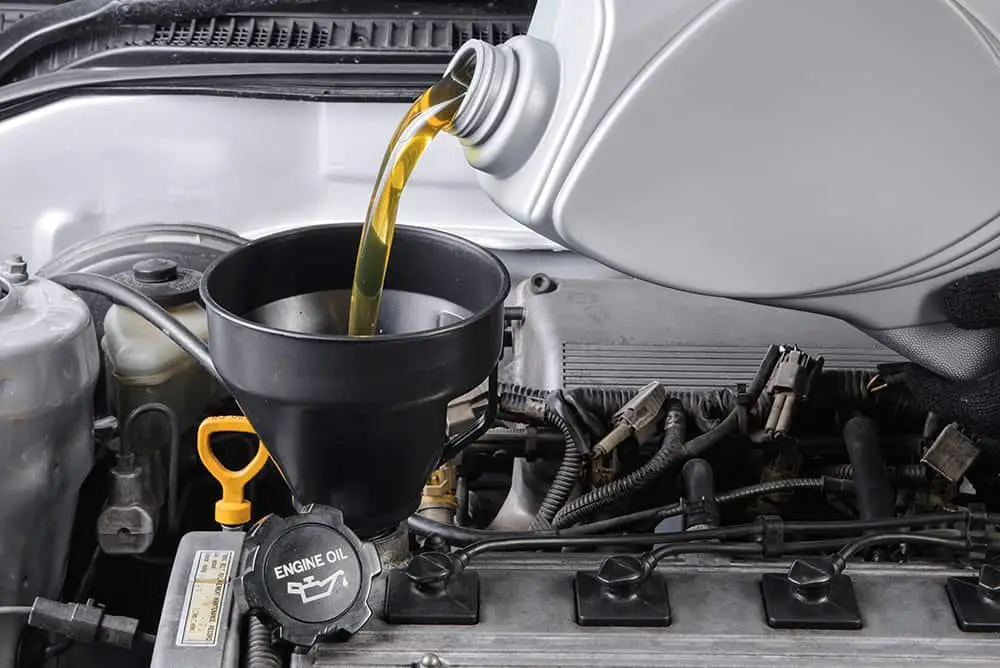
Oil is essential for the proper functioning of any vehicle. It helps to lubricate the engine, keeping moving parts from becoming too hot and causing excess wear. In addition, oil helps to keep the engine clean by trapping dirt and debris.
Over time, however, oil breaks down and becomes less effective. As a result, it needs to be changed on a regular basis. If too much oil is lost, the engine will begin to overheat, causing damage to the pistons and other moving parts. In extreme cases, this can lead to engine failure.
To avoid these problems, it is important to check the oil level regularly and top off as needed. In the event that too much oil is lost, it is best to seek professional help to prevent further damage to the vehicle.
If my car losing oil but no leak or smoke, would it be worth the repair costs?
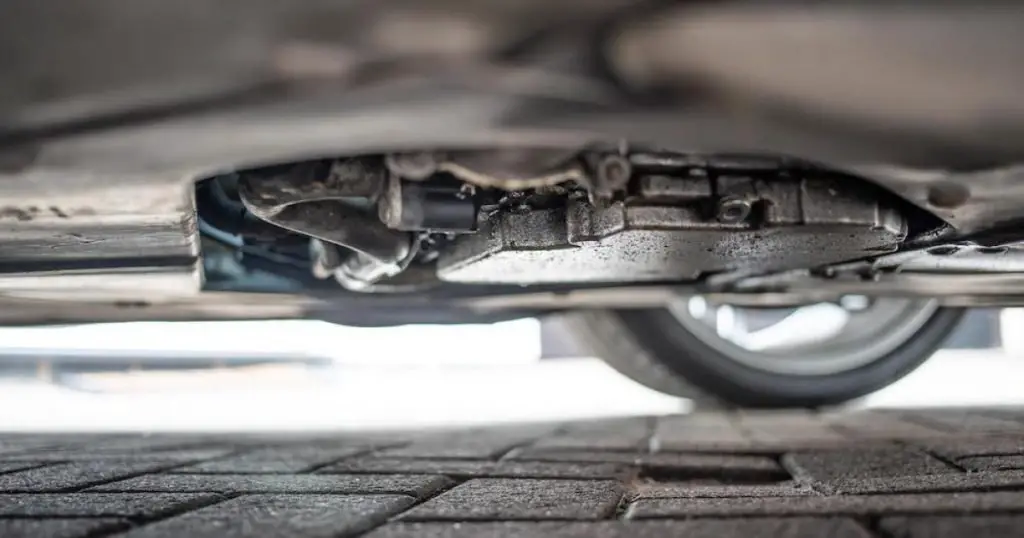
While this may not seem like a big deal, it can actually lead to some serious problems down the road if left untreated.
Not only will your car’s engine have to work harder to compensate for the lack of oil, but it can also cause premature wear and tear on the engine parts.
In addition, if the oil level gets too low, it can cause the engine to overheat, which can damage vital components.
As a result, it is important to get your car’s oil changed as soon as possible if you notice that it is losing oil. While the repair costs may be significant, they pale in comparison to the cost of replacing an entire engine.
How to deal with a car losing oil but no leak or smoke?
Cars rely on oil to keep various engine parts lubricated. When a car starts to lose oil, it can cause serious damage to the engine.
Fortunately, there are a few things that can be done to help fix the problem. One of the first things to check is the oil level.
If it is low, then adding more oil may solve the issue. It is also important to check for any leaks or cracks in the engine. If there are any, they will need to be repaired as soon as possible.
In some cases, a car may start to lose oil because of worn seals or gaskets. Replacing these components can help to resolve the issue.
Finally, if the car loses oil but no leak or smoke after all of these steps have been taken, then it may need to be taken to a mechanic for further diagnosis and repair.
Useful read: What To Do When There Is Oil In The Spark Plug Well?
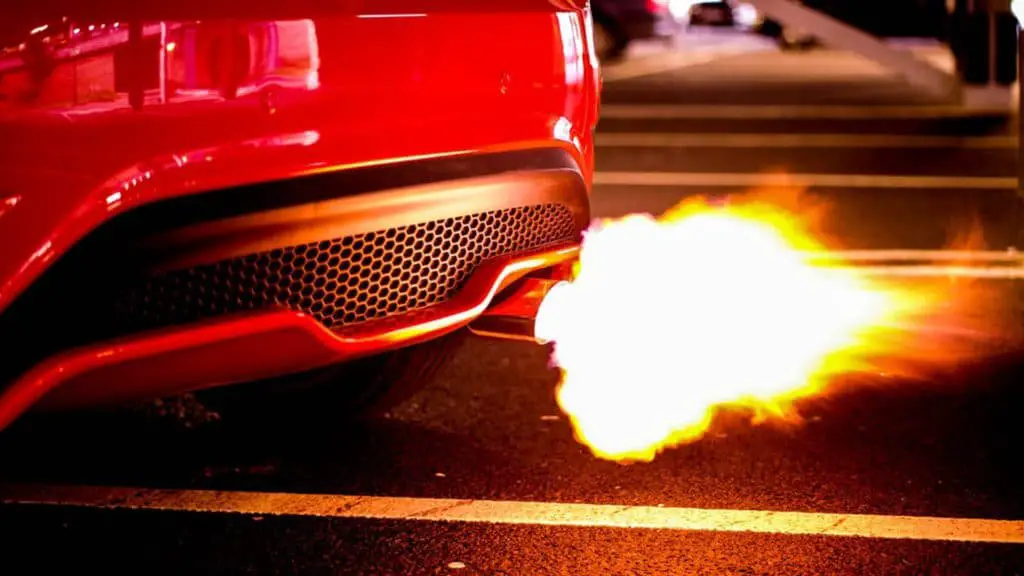
How much do we have to pay to fix it?
Engine leaks can be expensive to repair. The cost of an engine oil leak depends on many factors, such as the type and size or complexity; but even something like repairing rear primary sealing at about $200 could turn out to cost over 500 dollars if it’s more complicated than expected!
The cost of repairing oil leaks can vary depending on the complexity and origin.
If your vehicle is quite old, you might have to repair significant engine components as well as fix any possible sources that may be causing these problems like seals or gaskets for example.
But if it’s new then just fixing what needs fixing will likely save time in comparison with having an expert come out one more time before they retire!
The cost to fix an engine oil leak will vary depending on the brand and model of the vehicle.
Due in part because it requires additional effort for a quick turnaround, gasket prices may be higher than seal ones which typically range from $200-$600 dollars.
I hope this helps answer some questions you might have about what parts are needed when having your car serviced at the garage!
Useful read: Why Your Car Leaking Oil When Parked: Causes & How To Fix It
Conclusion
Believe it or not, one of the most common causes of engine failure is improper maintenance.
That’s right, simply by not changing the oil or checking the fluids regularly, you can cause irreparable damage to your car.
In fact, most mechanics will tell you that neglect is one of the biggest reasons they see customers in their shop. However, there are some warning signs that can help you avoid this situation.
For example, if your car losing oil but no leak or smoke, that’s a pretty dangerous thing. In conclusion, taking care of your car is important.
Not only will it help keep you safe on the road, but it can also save you money in the long run.
By changing the oil and maintaining your vehicle regularly, you can avoid costly repairs and keep your car running like new. Thanks for reading!

